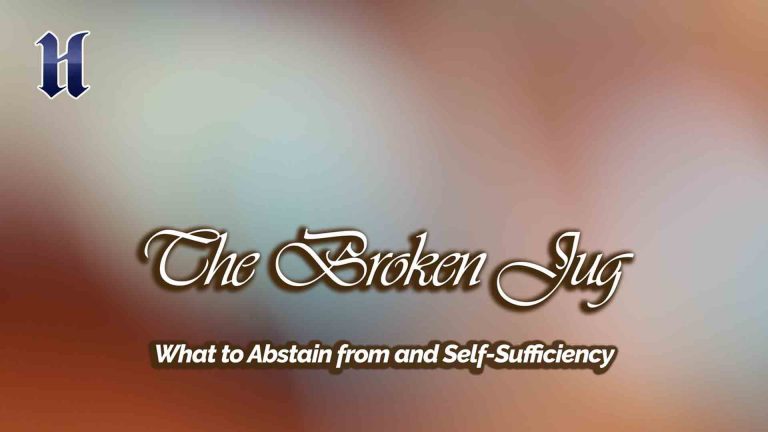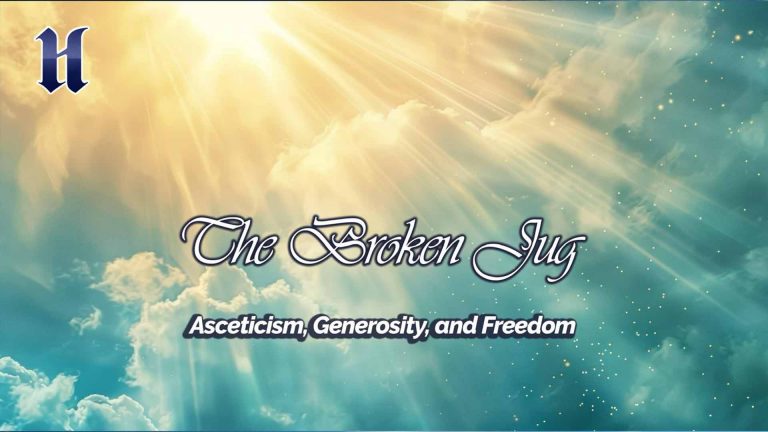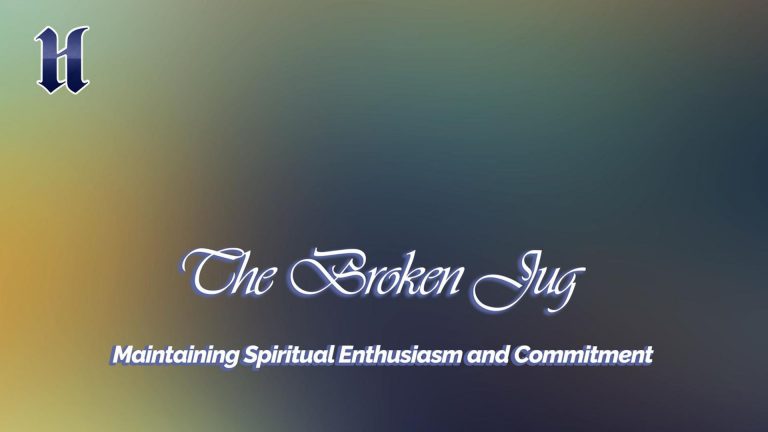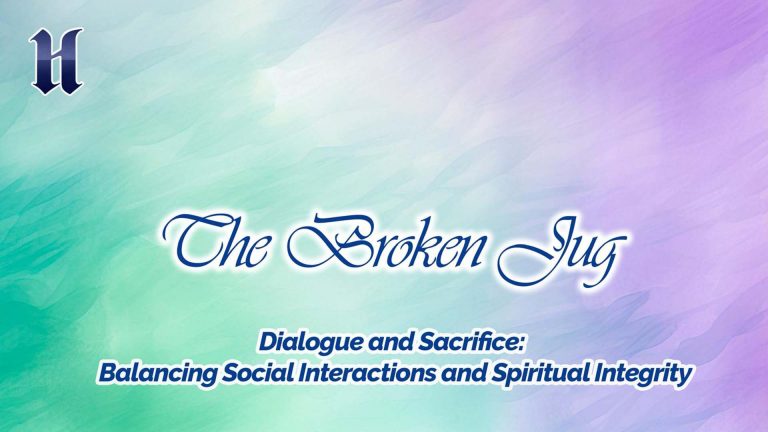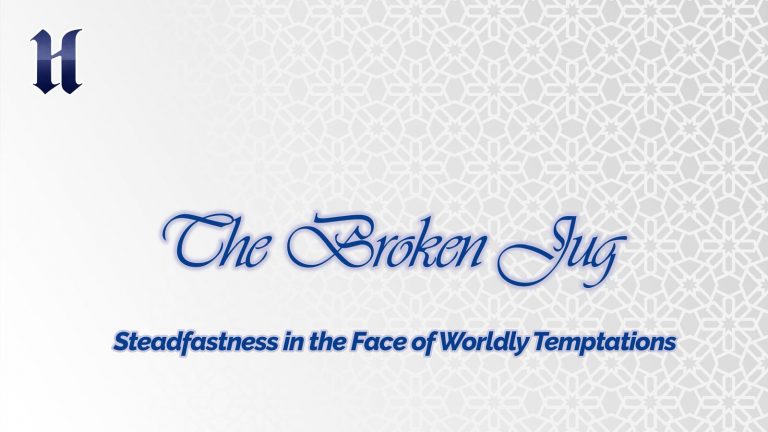Allah (may His glory be exalted) has created the universe in a perfect system. A person who correctly reads the book of the universe will immediately notice this wonderful order and harmony prevailing in existence. For instance, every food and drink provided for our use serves a purpose; when they are consumed correctly and in moderation, it can be seen that they are created in perfect accordance with the human body.
Every part of the realm of existence is in harmony with one another within the measures of creation. A human being, who is a part of this realm, should also follow such a system in the process of learning. Reading, learning, then evaluating what has been learned and turning it into a product is not something without a system. Otherwise, the knowledge acquired can become an unnecessary burden in a person’s mind, lead to confusion, and sometimes even throw a person off balance. If you mix incompatible chemicals in a laboratory, you will obtain something dangerous and harmful when expecting benefit.
There are individuals who read everything that comes their way without any order, choice, or consideration of their needs. Because they place very inconsistent, disorganized, and unregulated knowledge in their minds, you see them saying very strange things in unexpected places. Since they lack a systematic mind and do not read what they read in a certain system, they speak differently from yesterday to today. What they called correct yesterday, they may call wrong today. Sometimes it happens that they present four different views on the same day. At least two of them could coincide! But, alas, all four are different from each other, and each one refutes the others. However, strangely, they see all of these as correct, defend them, and insist on their correctness.
One important way to think systematically and protect oneself from intellectual deviations is to know the established truths and necessary fundamental disciplines. Subsequently, acquired knowledge should be tested against them. When looking at this matter from the perspective of religious sciences, firstly, it is essential to know the fundamental principles of the Quran and the Sunnah. Then, pay attention to how the Companions and the pious predecessors understood them. Afterward, familiarize oneself with the great accumulation of the approach and interpretations of the mujtahid imams, the noble jurists, and the knowledgeable scholars, who are the intellectual heirs of the following generations. To address an issue related to Islamic sciences correctly, to present a sound perspective on these matters, or, in other words, to ensure that the views put forward are handled with a proper system, can only be achieved with such a foundation.
Numerous pieces of information can be encoded into neurons from every book that is read, and many files can be sent to the cortex. However, without adhering to a systematic approach and without being tested against the fundamental disciplines of the relevant field of knowledge, nothing but a jumbled mix of information will result. Consequently, the product that emerges will be a multitude of unstructured and undisciplined thoughts with uncertain destinations.
On the other hand, it is also essential to develop and systematize the accumulated knowledge passed down to us from our predecessors, make the obscure points more understandable, and adapt it to the needs of the day, taking into account the requirements of the time. To quote Imam Shafi’i’s approach, “May Allah be pleased with the pious predecessors for accomplishing significant tasks that needed to be done. May Allah also be pleased with them for leaving many tasks for us to complete.” It should not be forgotten that everyone is a product of their own time. Since human beings are not timeless entities, their thoughts are influenced by a particular time and, over time, undergo changes through the interpretation of time, affecting their patterns, forms, patterns, and even colors.
As for the Word of Allah, it is timeless, and time cannot affect it. Similarly, the rulings clarified by the statements of our Prophet (peace and blessings be upon him) cannot undergo changes over time, as elucidated in his sayings. However, time comes into play in the interpretation and exegesis of these areas. In fact, the mujtahid imams took this into consideration in their legal opinions. It is with this perspective that one should proceed, and the interpretation of time must always be taken into account for the work that needs to be done in our day.
In today’s world, which has become like a global village, we are now living under the same roof with others. We should not ignore this fact. Furthermore, today, the things that occupy people have increased, resulting in scattered minds. Also, today, in contrast to the past, the fields of knowledge have diversified, and the issues that were once considered under a single scientific discipline have branched out into various subfields. Each field is nurturing its own experts. Therefore, unlike the past, it is not possible for a single individual to have a say on every matter today. When seeking solutions to our issues today, we should not overlook these factors. The way to address this is not to act individually but to form scientific committees that examine matters comprehensively, considering every aspect.
Committees to be established, whether they are focused on fields like interpretation, hadith, jurisprudence, theology, or the methodologies of these disciplines, should diligently reexamine the issues, scrutinize them in the light of primary sources, consider the contemporary context, take into account the interpretation of the time, and undertake a fresh classification and organization of these matters. This approach will enable people today to more easily access the wealth of knowledge from these areas, learn from them more comfortably, and ultimately enhance their overall benefit.۞


